How Your Diet Affects Mental Health: Exploring the Connection

How deeply does our diet influence our mental health? Can the foods we eat impact our mood and cognitive function? What role do nutrients play in shaping our emotional well-being? As we explore the connection between diet and mental health. Our diet heavily influences our mental well-being since some nutrients may improve our moods and cognitive functions. Foods with high levels of omega-3 fatty acids, vitamins, and minerals may offer more emotionally sound protection against mental illness.
Introduction to Diet and Mental Health: How Do They Work Together?
Our brain is an ultimate high-performance system, functioning appropriately only when it has received quality nutrients from a balanced diet. Interestingly, our brain and the gut interact all the time, making emotional decisions and influencing mood swings. Ever experienced that wave of excitement in your stomach right before something thrilling? This gut-brain interplay reveals how closely physical and emotional feelings within our bodies, with more nerve cells than any other part of the body to protect the brain, connect to our overall health. It is clearly evident through this connection that food plays a significant role in our mental health.
Overview of the gut-brain connection
The human brain and digestive systems developed into a team, so our food choices are critical for general health. Historically, what we consumed transformed based upon supply, and close connections between our brain and gut maintained we got sufficient vitamins and minerals. This connection works as an alert process; for example, if we have physical damage, our emotional brain reminds us to avoid danger.
The gut-brain connection affects a variety of systems in the body, including being hungry, digestion, emotional state, tension, and even mental abilities. Interestingly, whereas the brain has approximately a hundred billion neurons, the gut has approximately fifty million neurons connected to the brain through the vagus nerve, which delivers messages in both directions. Stress can impair this communication, resulting in gastrointestinal difficulties.
What are the Key Nutrients for Mental Health in India
There are nutrients that are essential for having healthy minds in India.
- Vitamin D, when obtained from sunlight and even fortified foods, has the ability to improve mood along with emotional resilience.
- Then there is iron, whose presence helps in the good flow of blood to the brain. It can be accessed from lentils, spinach, and fortified cereals among other sources.
- Antioxidants, which are produced in colored fruits and vegetables like berries and carrots protect the brain from oxidative stress and help improve general well-being of the cognitive body.
- Omega-3 fatty acids found in oily fish are also particularly helpful; refined carbohydrates often worsen symptoms of depression. Some foods-both cheese and grapefruit can have interactions with supplements that people use to treat their mental health.
Benefits of Omega-3 fatty acids:
1. Benefit in a wide range of health effects, including heart and brain functionality. It lowers the risk of having a heart attack or stroke, decreases the symptoms of immunological conditions, and promotes the development of the brain in pregnancies.
2. In addition, omega-3s could reduce symptoms of sadness and brain damage, however further research is needed to completely understand their impact.
3. They Found in fatty fish like salmon and tuna, as well as in walnuts and flaxseeds.
Benefits of Vitamins B:
1.B vitamins are essential to maintaining proper brain functions and mental health and supporting energy metabolism. They help in producing transmitters such as serotonin, which controls mood and emotional well-being.
2.Additionally, B vitamins support DNA synthesis and the creation of red and white blood cells, emphasizing their significance for overall well-being and youthfulness
3.B vitamins, such as B6, B12, and folate, are rich in whole grains, leafy greens, and eggs, and they help to produce neurons, which improve mental health.
Benefits of Amino acids:
1.Deficiency is widespread among those suffering from mental illnesses. Supplementing diets with these amino acids has been shown to alleviate mood disorders such as depression and anxiety.
2.These proteins are found in chicken, beans, and eggs, and also in peanuts, almonds, pumpkin seeds, seaweed, avocados, and bananas, which are necessary to produce transmitters that affect mood, attention, and motivation.
Foods That Boost Your Mental Health
The following foods in India will definitely boost your mental health.
What are Mood-enhancing dietary choices:
Mood-enhancing foods really benefit emotional well-being and psychological health in general.
- Such foods that are high in omega-3 fat come from sources like fatty fish, nuts, and even chia seeds, thereby significantly reducing the levels of depression and anxiety.
- Brighter fruits and vegetables are more full of brain-friendly nutrients and antioxidants, and with whole grains, it comes with blood sugar stability besides keeping energy and mood stable, too.
- Finally, adding probiotics from curd or fermented items can improve gut health, which is directly related to mood regulation, resulting in a more complete approach to promoting happiness through nutrition.
Diets high in refined carbohydrates can elevate blood glucose and insulin levels, raising the risk of obesity, diabetes, and poor psychological well being. Research shows that higher glycaemic index diets are linked to increased depressive symptoms, and clinical studies suggest that high-glycaemic-load diets can worsen mood in controlled settings.
How Do Sugar and Processed Foods Impact Your Health?
High sugar levels consumption can lead to increased and subsequent decreases in blood sugar that brings about mood swings, irritation, and even anxiety.
- Processed foods tend to be generally very heavy with bad fats, carbohydrates, and preservatives; they result in inflammation and also in a change of gut health, which are connected to mental health.
- In addition, diets that are high in such foods often miss essential vitamins and minerals necessary for a brain to work properly.
How does diet influence mood and behavior?
The modification in the chemical composition of the brain and the levels of transmitters leads to this immense influence that dieting has on mood and behavior.
- Foods with much more nutrient concentration, such as fruits, vegetables, and whole grains, will contain all the required vitamins and minerals that increase the working efficiency of the brain in its performance and emotional control.
- Diets full of sugar and processed foods generally tend to induce mood swings, increased anxiety, and even lead to mental health disorders.
Increased sugar and processed foods could increase the risk for developing mood disorders, which includes depression and anxiety; hence, careful dietary selections must be made to take care of one's mental health.
Conclusion
In conclusion, diet and mental health in India explicitly highlighted the importance that nutrition creates in improving one's well-being. Introducing nutrient-rich foods into our diets improves mental health, reduces symptoms of anxiety and despair, and much more. Supplements such as omega-3 fatty acids and B vitamins also improve diet by supporting brain function and helping to balance mentality. When we combine traditional meals with these healthy supplements, we boost ourselves to address mental health issues more effectively. Finally, having a culture that promotes balanced health in which diet, dietary supplements, and mental wellness can result in a better world. This commitment to nutrition and supplementation can lead to brighter futures and increased psychological strength for people of all ages.
FAQ's:
1.How does nutrition affect mental well-being?Nutrition greatly influences mental health because it contributes vital nutrients that help cells function in producing brain function and transmitter that determines mood and emotional stability. A balanced diet rich in whole foods will be helpful in lowering the risk of mental health problems, improve cognitive performance, and boost emotional strength.
2. Are there specific diets linked to better mental health?Yes, diets that include complete meals, healthy fats, and fruits and vegetables, a particular diet is related to good mental health. These diets concentrate nutrient density and balanced food consumption, which improves moods, reduces stress levels, and boosts memory.
3. Can changing my diet really help with anxiety or depression?Absolutely, dietary change can be helpful in the treatment of depression and anxiety, as the essential nutrients that promote brain health and neurotransmitter activity are obtained from food. Adding foods containing omega-3 fats, antioxidant compounds, and vitamins can improve mood stability and resilience to stress, and dietary change is a crucial part of mental health treatment.
References:
1.Sánchez-Villegas A, Toledo E, de Irala J, Ruiz-Canela M, Pla-Vidal J, Martínez-González MA. Fast-food and commercial baked goods consumption and the risk of depression. Public Health Nutr. (2012) 15:424–32. 10.1017/S1368980011001856 [DOI] [PubMed] [Google Scholar]
2.Adan RAH, van der Beek EM, Buitelaar JK, Cryan JF, Hebebrand J, Higgs S, et al. Nutritional psychiatry: Towards im-proving mental health by what you eat. Eur Neuropsychopharmacol. (2019) 29:1321–32. 10.1016/j.euroneuro.2019.10.011 [DOI] [PubMed] [Google Scholar]
3.Marx W, Moseley G, Berk M, Jacka F. Nutritional psychiatry: the present state of the evidence. Proc Nutr Soc. (2017) 76:427–36. 10.1017/S0029665117002026 [DOI] [PubMed] [Google Scholar]
No comments








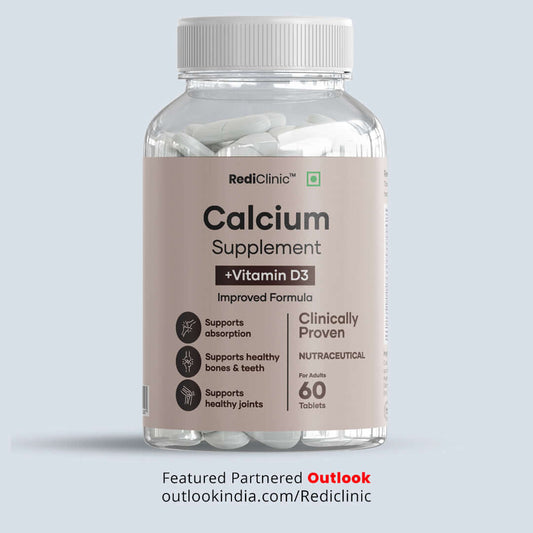

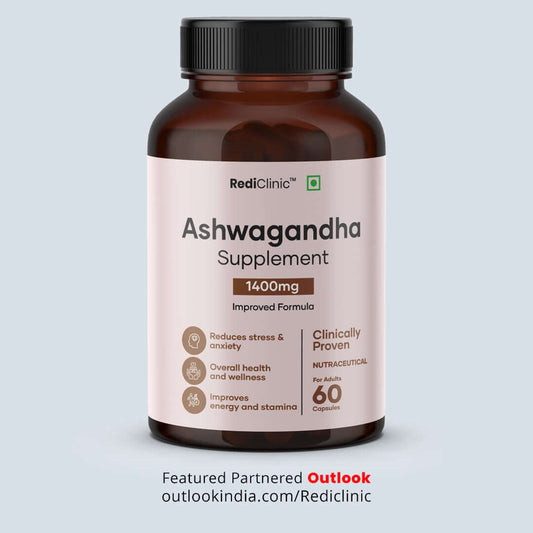
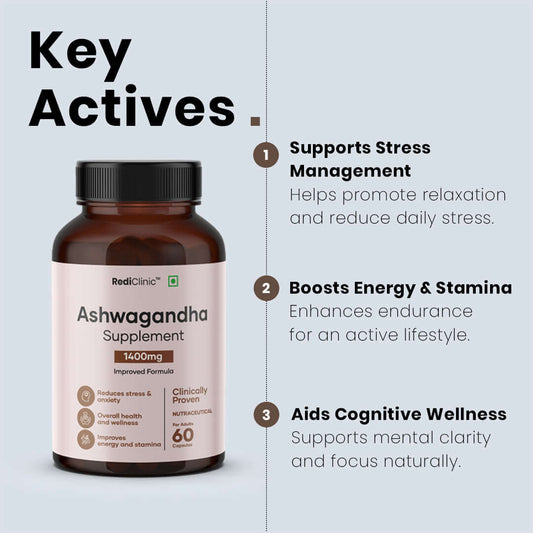


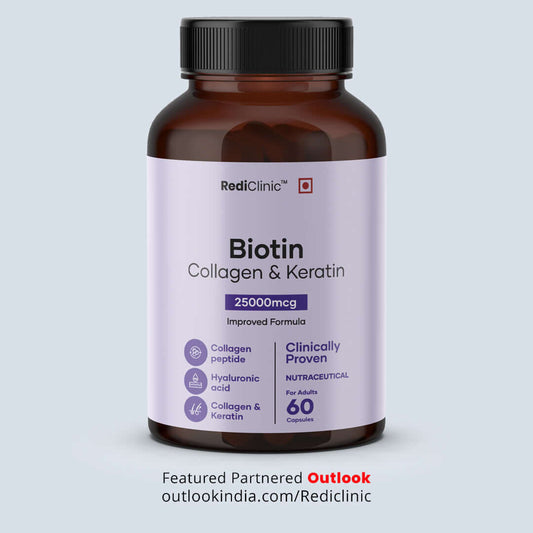



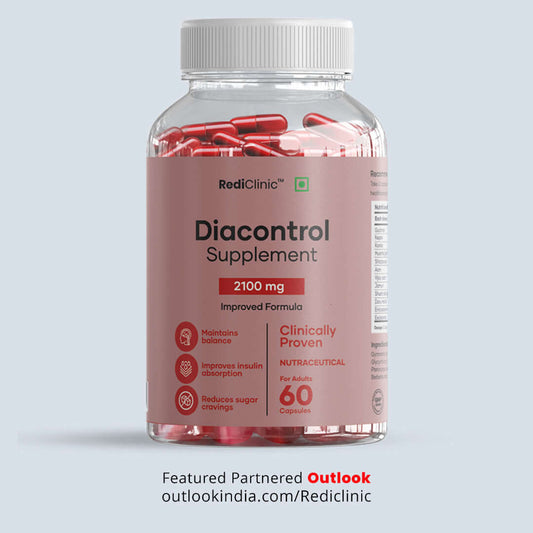

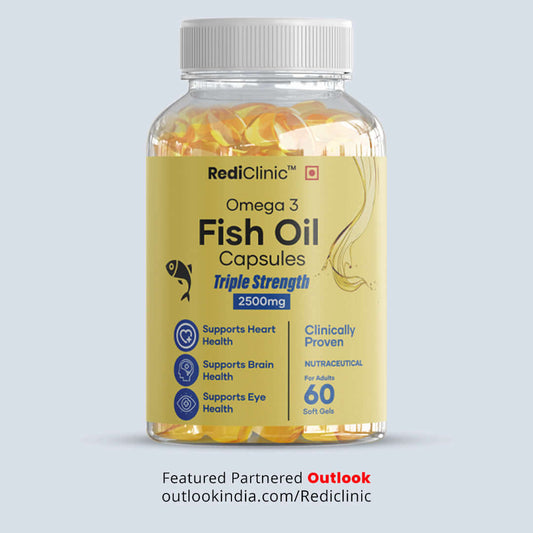
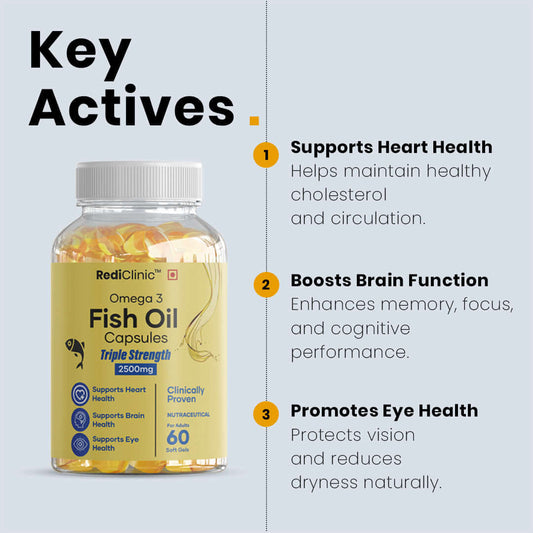
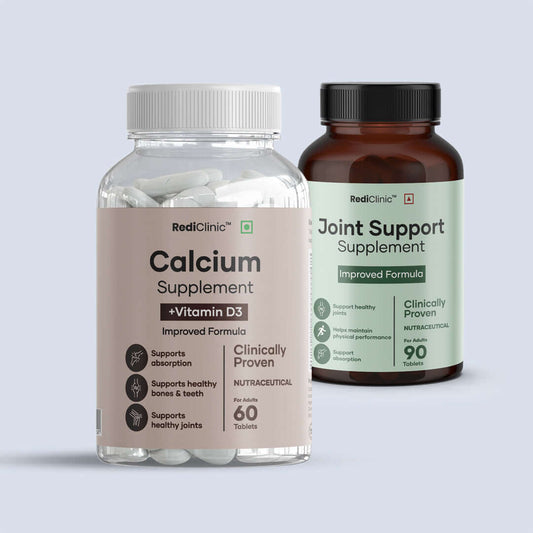


0 comments